Reliance Industries Ltd (RIL) is set to commission its solar cell manufacturing facility in the next quarter, achieving a significant milestone in its goal of building a fully integrated solar value chain in Jamnagar, Gujarat.
RIL’s Jamnagar complex will house a fully integrated “sand-to-module” solar production vale chain, including polysilicon, wafers, cells, modules, and solar glass. It has already begun producing high-efficiency heterojunction technology (HJT) solar modules, which are among the largest-size modules for utility-scale solar applications. It is also setting up India’s largest solar glass manufacturing facility. The glass factory, spanning 1.3 kilometers in length, will support its in-house module production.
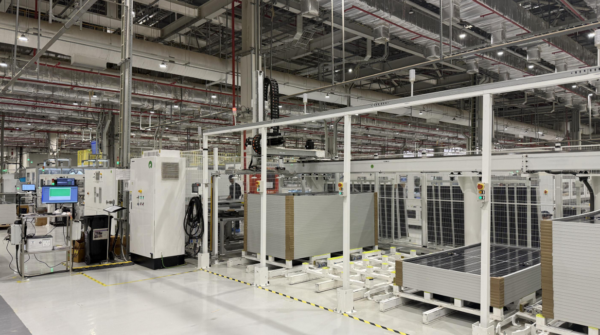
Reliance Industries Ltd (RIL)
The solar production facility is part of RIL’s upcoming end-to-end clean energy ecosystem, aimed at delivering low-cost renewable power to its group companies as well as meeting third-party demand.
“We are setting up an end-to-end energy ecosystem at world leading scale with full integration, providing highest efficiency solar panels and energy storage batteries, which further reduces the costs and provides latest technology products,” said Karan Suri, Senior Vice President – New Energy, Reliance Industries Ltd. “All of this translates into attractive return on capital for both manufacturing and generation, but also reduces the power cost and the energy consumption bill for various Reliance Group captive customers by at least 25% and that is a significant saving for our group companies.”
To deliver round-the-clock renewable power, RIL is executing energy generation projects combining solar power capacity with battery energy storage systems. “Our plan is to do just intime installation of the modules straight from Jamnagar [factory] to the foundation at our generation sites [in Kutch]. Just to highlight the scale, we will be pretty much installing around 50 MW of modules each day, 175 MWh batteries each day at fully operational scale,” said Suri.
Reliance is also setting up manufacturing facility for alkaline electrolyzers to support green hydrogen production using renewable power from its captive power generation plants in Kutch.
A dedicated captive transmission system is being developed from Kutch to Jamnagar to supply RE for RIL’s Jamnagar factories as well as growth businesses.
RIL has access to 700,000 acres of land at Kutch, which can support up to 125 GW of production. The company expects its vertically integrated business — spanning PV module manufacturing to energy generation and green molecule production —to deliver cost competitiveness with attractive return at the manufacturing as well as electricity generation stage.
“All of this business is largest in scale, ever thought of, ever conceptualized and ever delivered, probably the largest outside China. This is the most integrated in value chain. In fact, this is the only end-to-end integrated business owned by a single company across the world,” said Suri. “Effectively what we call this is a Jio movement for our new energy business. Like how Jio revolutionized, democratized the data for Indian customers, we are looking to effectively provide the same solution and energy revolution for the country, for our country.”
This content is protected by copyright and may not be reused. If you want to cooperate with us and would like to reuse some of our content, please contact: editors@pv-magazine.com.
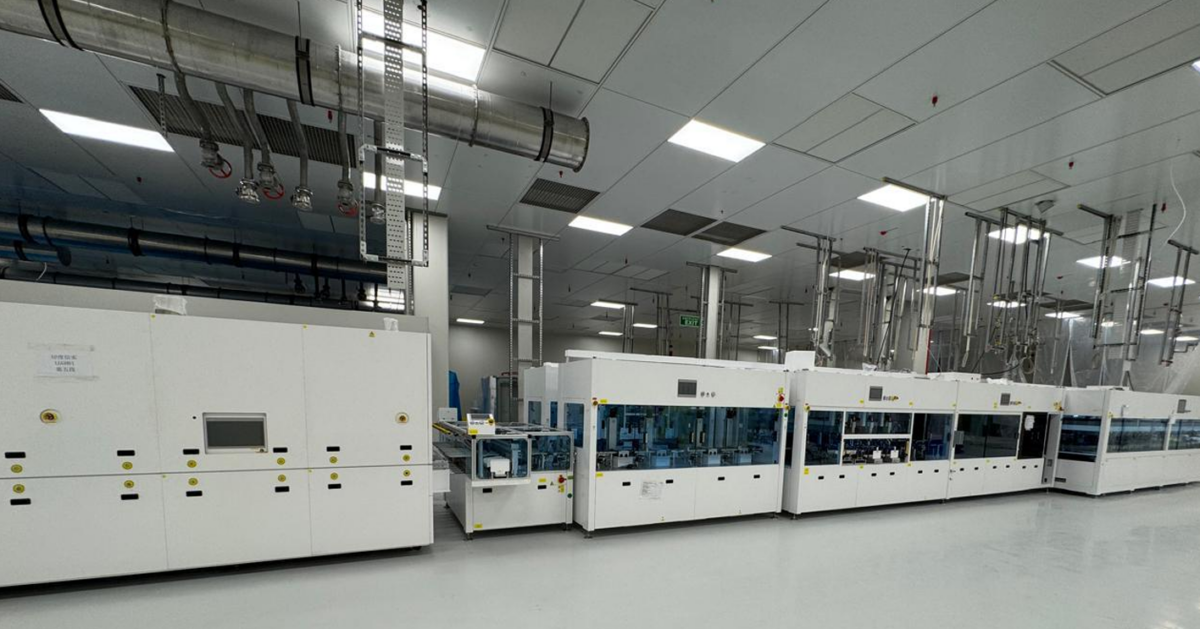
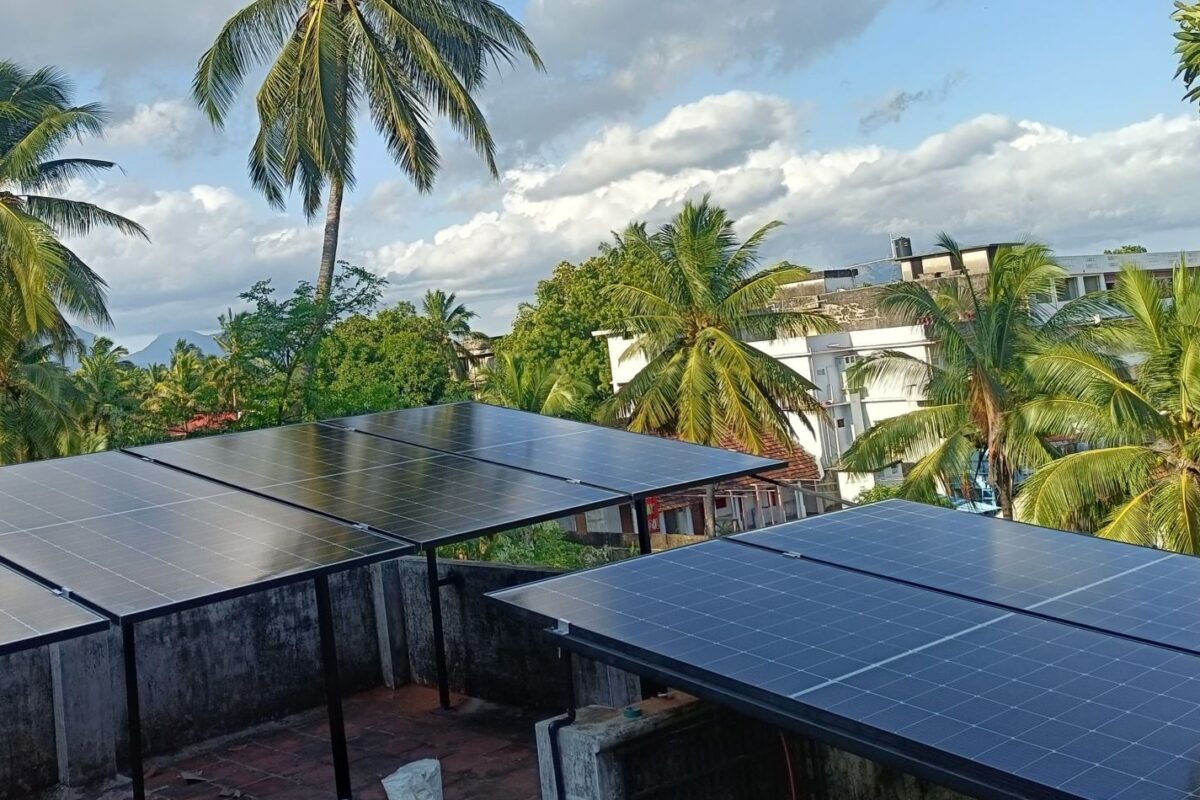


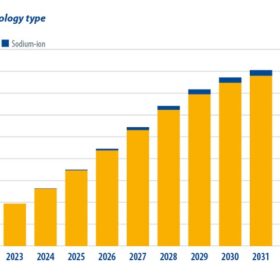
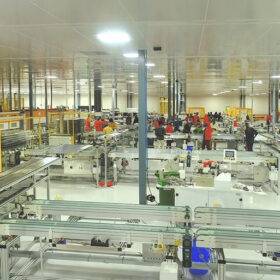
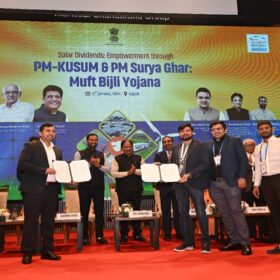
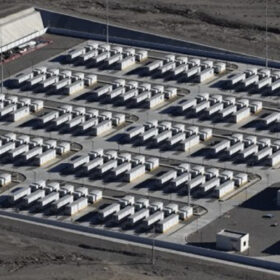

2 comments
By submitting this form you agree to pv magazine using your data for the purposes of publishing your comment.
Your personal data will only be disclosed or otherwise transmitted to third parties for the purposes of spam filtering or if this is necessary for technical maintenance of the website. Any other transfer to third parties will not take place unless this is justified on the basis of applicable data protection regulations or if pv magazine is legally obliged to do so.
You may revoke this consent at any time with effect for the future, in which case your personal data will be deleted immediately. Otherwise, your data will be deleted if pv magazine has processed your request or the purpose of data storage is fulfilled.
Further information on data privacy can be found in our Data Protection Policy.